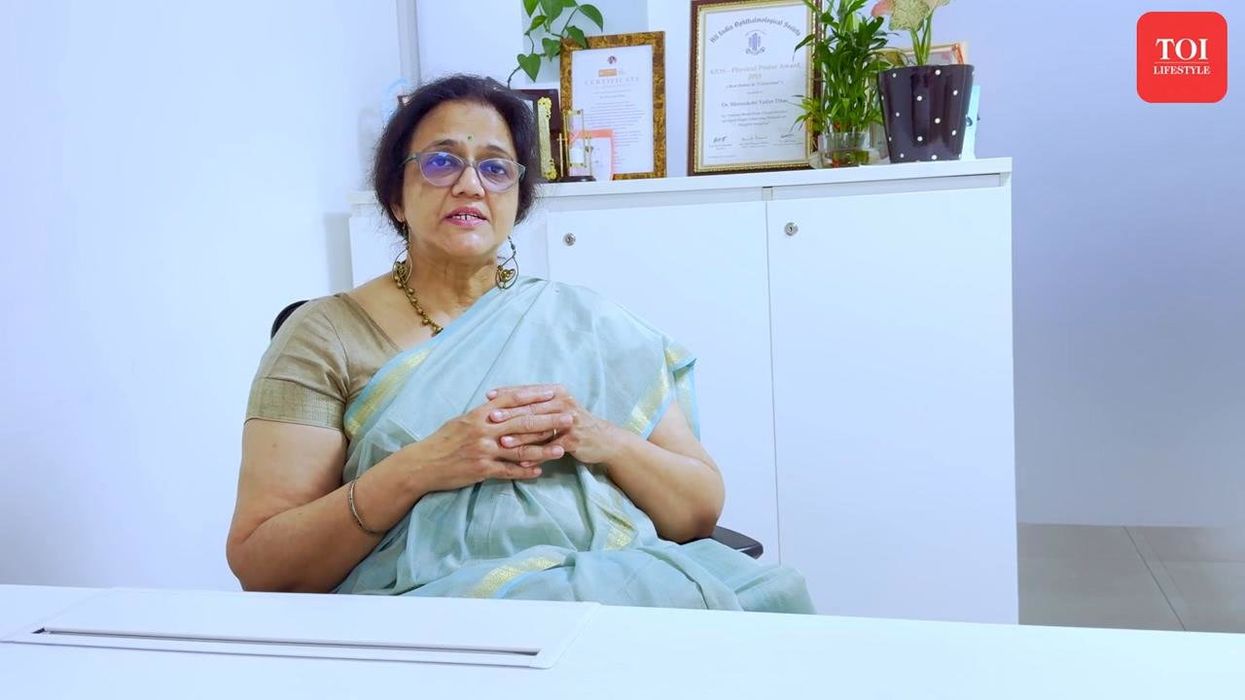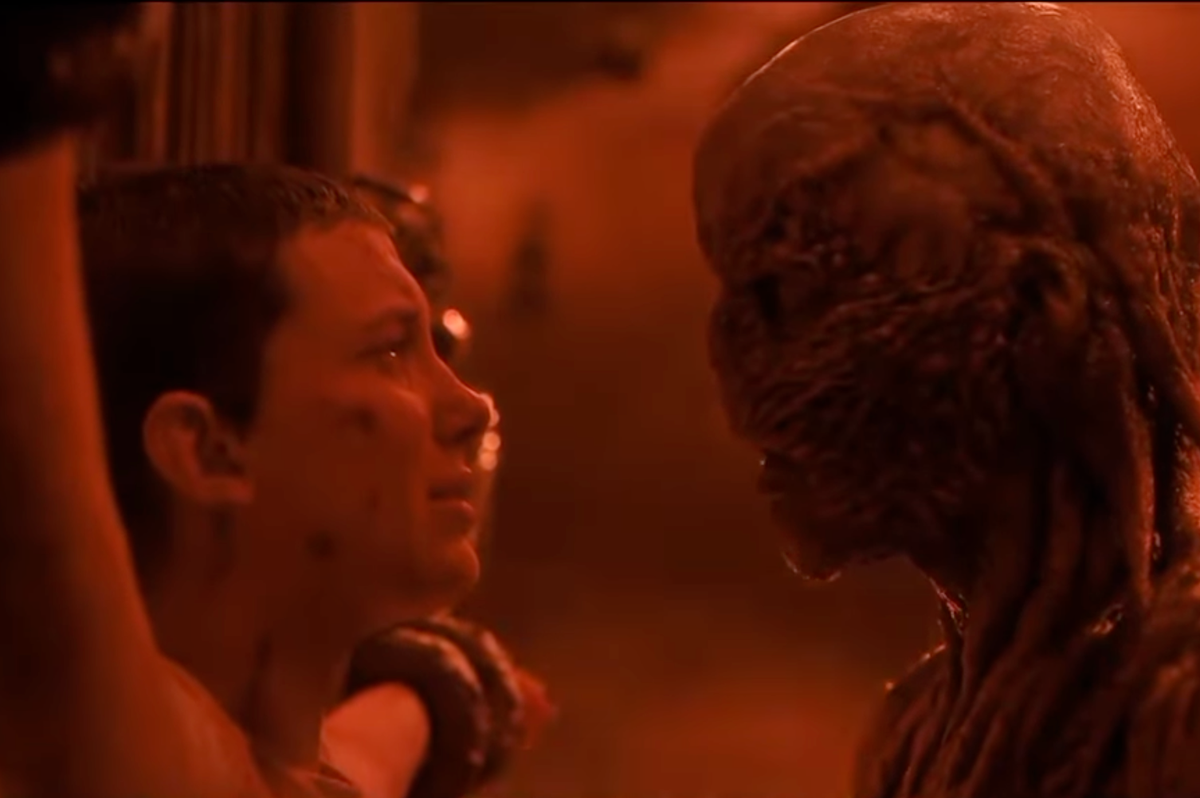Do you ever see squiggly lines, thread-like strands, or small shadowy shapes in your vision only to soon realise you're not looking at lines as they are in your eye?
Well, it's actually quite common, with eye floaters affecting around 30 per cent of the population - and they don't look the same for everyone as floaters can be small spots or shadows in various shapes.
But what exactly causes them?
We get floaters when vitreous fibres - a gel-like fluid that makes up 80 per cent of the eye - clog together, according to Royal Australian and New Zealand College of Ophthalmologists’ Dr Daniel Polya.
“It's the condensation of the collagen fibres. Large molecules of collagen clog together and cast shadows on your retina which you perceive as eye floaters," he told Daily Mail Australia.

Health consequences of eye floaters
Posterior vitreous detachment (PVD) is where vitreous gel separates from the back of the eye and is a pretty common and harmless process that occurs as we get older.
However, another cause can be retinal detachment which is a serious eye condition where the retina separates from the back of the eye.
“What's really disappointing is when someone will come in with retinal detachment from a posterior vitreous detachment that hasn’t been examined earlier,” Dr Polya said.
“For those that get PVD, there's a five per cent chance it's developing a tear in the retina, and if a tear does occur, there's a 50 per cent chance of retinal detachment."
Treatment that's required for a retinal tear is laser surgery, though Dr Polya noted the importance of getting our eyes check regularly to prevent it from getting to that stage.
“PVD is common and not that disappointing to see, whereas retinal detachment is disappointing to see in a patient who could have had an earlier exam when they first got floaters,” the eye expert added.
Laser surgery can also be used to "break up big, problematic floaters" but Dr Polya did warn that "it has risks associated.”
Should I see an optician if I have eye floaters?
Although we may get used to seeing eye floaters in our eyes, it's important to get your eyes checked over if there are new ones in your vision.
According to Dr Polya, it's "so important to see an optician when a floater first appears".
How to join the indy100's free WhatsApp channel
Sign up to our free indy100 weekly newsletter
Have your say in our news democracy. Click the upvote icon at the top of the page to help raise this article through the indy100 rankings.














